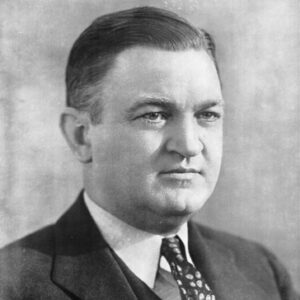 Carl Bailey
Carl Bailey
Race and Ethnicity: White
 Carl Bailey
Carl Bailey
Bailey, Carl Edward
Bailey, James Clayton (Jim)
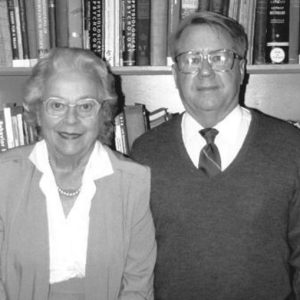 Marian and Bob Bailey
Marian and Bob Bailey
Bailey, Marian Breland
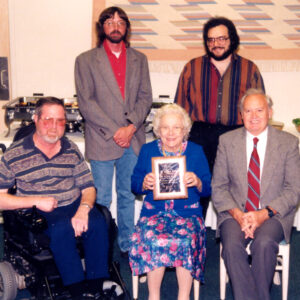 Marian Breland Bailey Retirement
Marian Breland Bailey Retirement
Bailey, O. C.
aka: Olin Cavanaugh Bailey
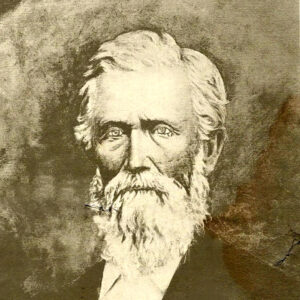 George Washington Baines
George Washington Baines
Baines, George Washington
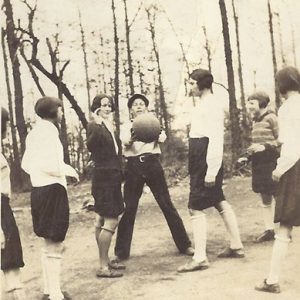 Baker School Students
Baker School Students
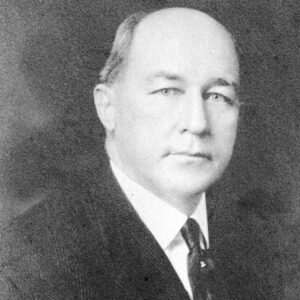 Basil Baker
Basil Baker
Baker, Basil
Baker, Cullen Montgomery
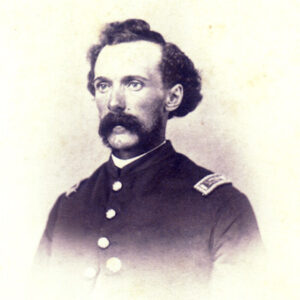 Nelson P. Baker
Nelson P. Baker
Baker, Norman
Baker, Virgil Lyle
 Jason and Holly Baldwin
Jason and Holly Baldwin
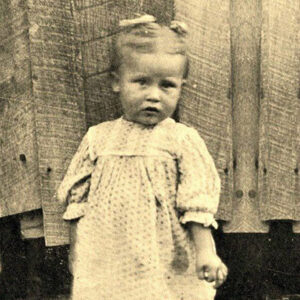 Ona (Onie) Balentine
Ona (Onie) Balentine
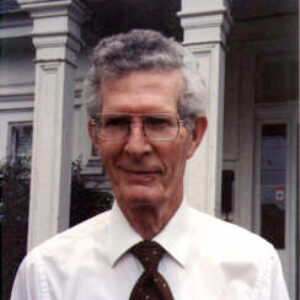 James David Bales
James David Bales
Bales, James David
aka: J. D. Bales
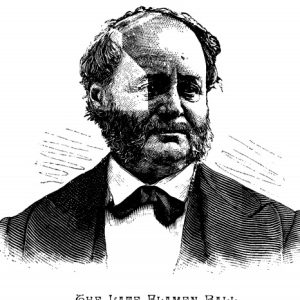 Flamen Ball
Flamen Ball
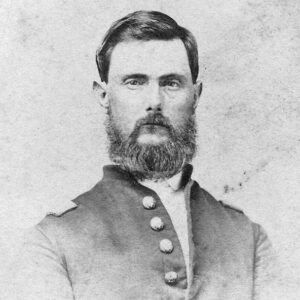 Achilles Ballard
Achilles Ballard
Bandini, Pietro
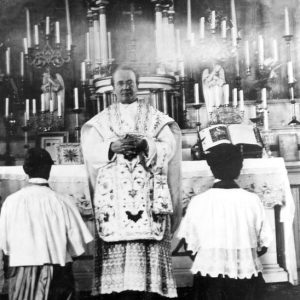 Pietro Bandini
Pietro Bandini
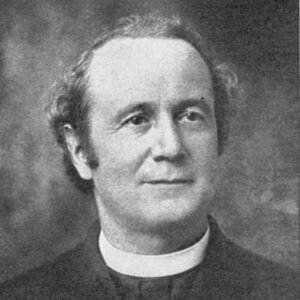 Pietro Bandini
Pietro Bandini
Barber, Miller Westford Jr.
Barclay, Richard L. (Dick)
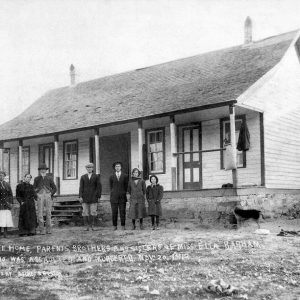 Barham Family
Barham Family
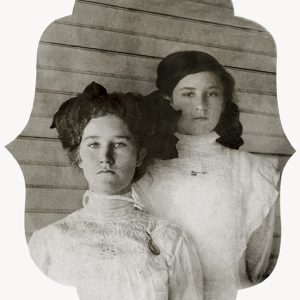 Barham Sisters
Barham Sisters
Barker (Reported Lynching of)
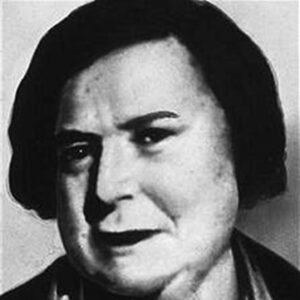 Ma Barker
Ma Barker
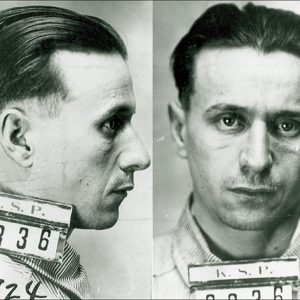 Fred Barker
Fred Barker
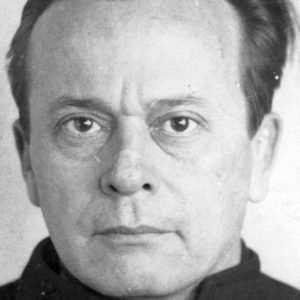 Arthur "Doc" Barker
Arthur "Doc" Barker
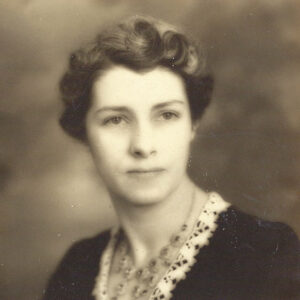 Catherine Barker
Catherine Barker
Barker, Catherine Sweazey
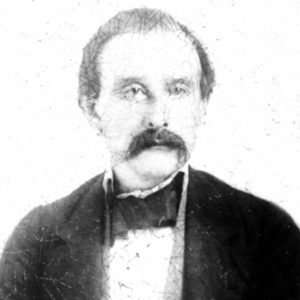 Jacob Barkman
Jacob Barkman
Barkman, Jacob
Barnes, Lee (Execution of)
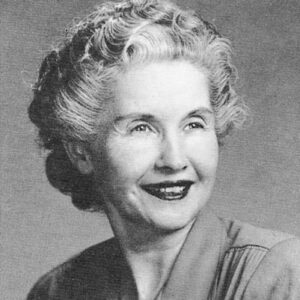 Sudie Barnett
Sudie Barnett
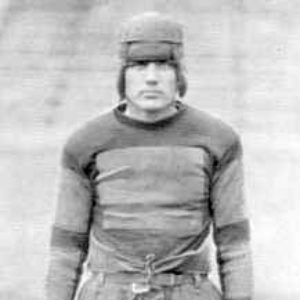 John Barnhill
John Barnhill
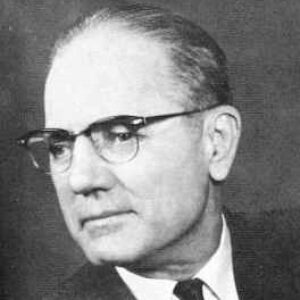 John Barnhill
John Barnhill
Barnhill, John Henry “Barnie”
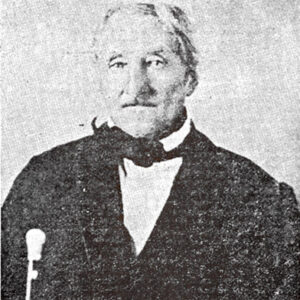 Antoine Barraque
Antoine Barraque
Barraque, Antoine
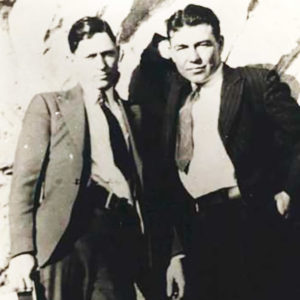 Barrow and Jones
Barrow and Jones
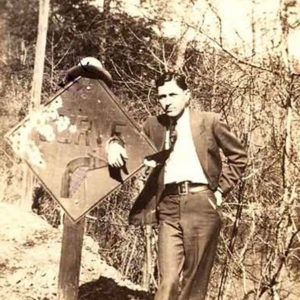 Barrow, Clyde
Barrow, Clyde
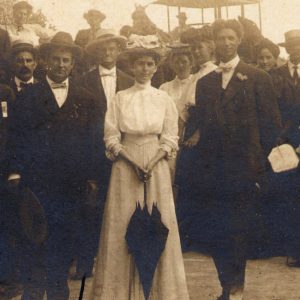 Fred Bartell
Fred Bartell




